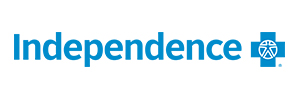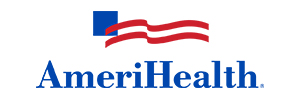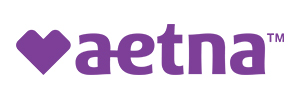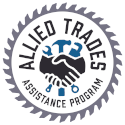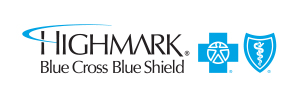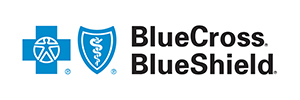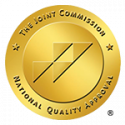If you or a loved one is looking for addiction treatment options, finding the right program can be overwhelming. With so many options available, how do you know which one is best for you? Choosing the right type of treatment is crucial to a successful recovery. Outpatient programs and partial hospitalization programs have their own unique benefits and drawbacks. In this article, we’ll explore the differences between outpatient rehab and partial hospitalization rehab to help you make an informed decision about which one is right for you or your loved one.
What is an Outpatient Recovery Program?
Outpatient treatment is a less restrictive alternative to inpatient programs and often lines up with those who are employed or have other responsibilities that can’t be put on hold for an extended period of time. There are three levels of care: Partial Hospitalization Program (PHP), Intensive Outpatient Program (IOP), and Outpatient Program (OP). While similar in structure, each program has a specific time commitment and lifestyle.
Partial Hospitalization Programs (PHP)
What is a Partial Hospitalization Program?
A Partial Hospitalization Program (PHP) is a type of outpatient treatment program that caters to people who typically require a higher level of care. Sometimes called a “day treatment program”, a PHP gives patients medical monitoring and other treatment services such as therapy, drug counseling, and access to medical care.
Services in Partial Hospitalization Programs
Prior to the start of treatment services, the staff conducts an assessment of the individual’s needs and creates a customized treatment plan that takes into consideration their substance misuse and any other mental or physical health conditions.
Although Sobriety Solutions does not offer detox services, our compassionate staff is ready to connect you or your loved one with resources should you need this foundational level of care.
What is the Schedule of a PHP Program?
During a PHP, individuals typically receive treatment for five days a week, lasting about four to six hours each day, before returning home or to sober living in the evening. After completing a PHP, individuals may progress to a standard outpatient program, which typically meets one to two times per week, to sustain sobriety and stability.
Sobriety Solution’s Partial Hospitalization Program meets Monday-Friday, 9 AM – 3 PM.
Intensive Outpatient Program (IOP)
What is an Intensive Outpatient Program?
Intensive Outpatient Programming (IOP) is a less intensive level of care than PHP, during which patients attend treatment for around three hours per day, three to five days per week. This provides patients with greater flexibility to balance work and other responsibilities while receiving support as they readjust to daily life.
The IOP program offers medical and psychological assistance to patients with a less intensive time commitment, allowing them to resume their daily routine. Patients attend treatment sessions, including counseling, therapy, and relapse prevention skills, at a rehab or hospital of their choice. Additional services may be recommended or chosen by the patient.
What is the Schedule of an IOP Program?
Intensive outpatient treatment requires a few weekly visits, usually nine hours split into three sessions. The number of sessions and hours vary based on the patient’s diagnosis. As they improve, the sessions and hours may change. IOP takes longer than inpatient treatment since it isn’t continuous. However, studies have shown that IOP is just as successful when prescribed and followed correctly.
Sobriety Solution’s Intensive Outpatient Program meets 3-5 days per week, either 9 AM. – 12 PM or 6 PM – 9 PM.
Which Recovery Program is Right for Me?
When searching for an addiction treatment program, it can be challenging to navigate through the various letters, acronyms, and industry jargon. To assist in your search, there are a few key factors to consider to ensure you find the best program for your needs.
Intensive Outpatient
IOP treatment is suggested for individuals who have passed the acute withdrawal phase and have no medical withdrawal symptoms present. It is also recommended for those who do not meet the standards for inpatient treatment and have mild addiction.
The program allows patients to continue with their daily routine, but it’s important to consider individual medical and psychological needs before making a decision. If one is uncertain about their ability to manage their addiction, enrolling in a higher level of care like PHP may be a better option.
No matter the level of addiction, seeking help is key to successful recovery. One of the first steps in pursuing help is deciding which type of program will work best for an individual’s particular situation. Partial hospitalization offers a higher level of care and medical supervision than an intensive outpatient program, however, intensive outpatient offers greater flexibility. Ultimately, it is important to make sure that you are getting the right care for your unique situation.
Are you or a loved one seeking treatment? Our staff are standing by to answer all of your questions. Call (833) 349-2009 and let us help you find the right program for you.



